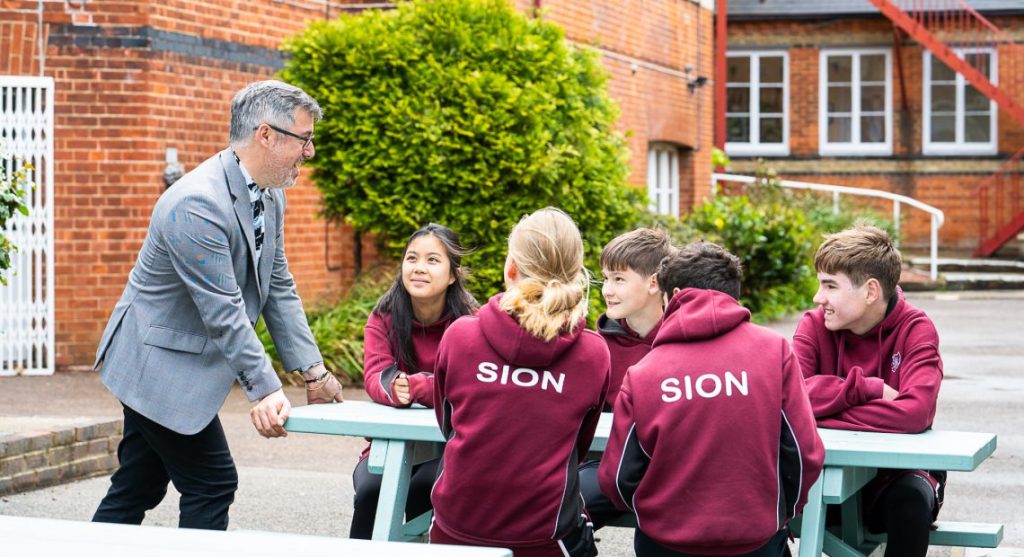
What is PSHE in schools?
What does PSHE stand for? PSHE stands for Personal, Social, Health and Economic Education. The acronym PSHCE is also sometimes used, where the ‘C’ stands for Citizenship.
As a subject, PSHE aims to provide children with the knowledge and skills to keep themselves happy, healthy and safe, as well as to prepare them for life and work. PSHE aims to give children the knowledge, skills and understanding they need to lead confident, healthy and independent lives.
Navigating our complex world can be challenging, and parents and teachers play an essential role in preparing children for the future. As such, PSHE aims to equip pupils to:
The three core elements of PSHE and Citizenship taught in primary schools are:
During the Relationships unit, children will learn:
Through the Health and Wellbeing unit, children will learn:
The Living in the Wider World unit will teach them:

Where wellbeing comes first and every child is known. Worthing’s Independent School for all young people aged 3– 18.

